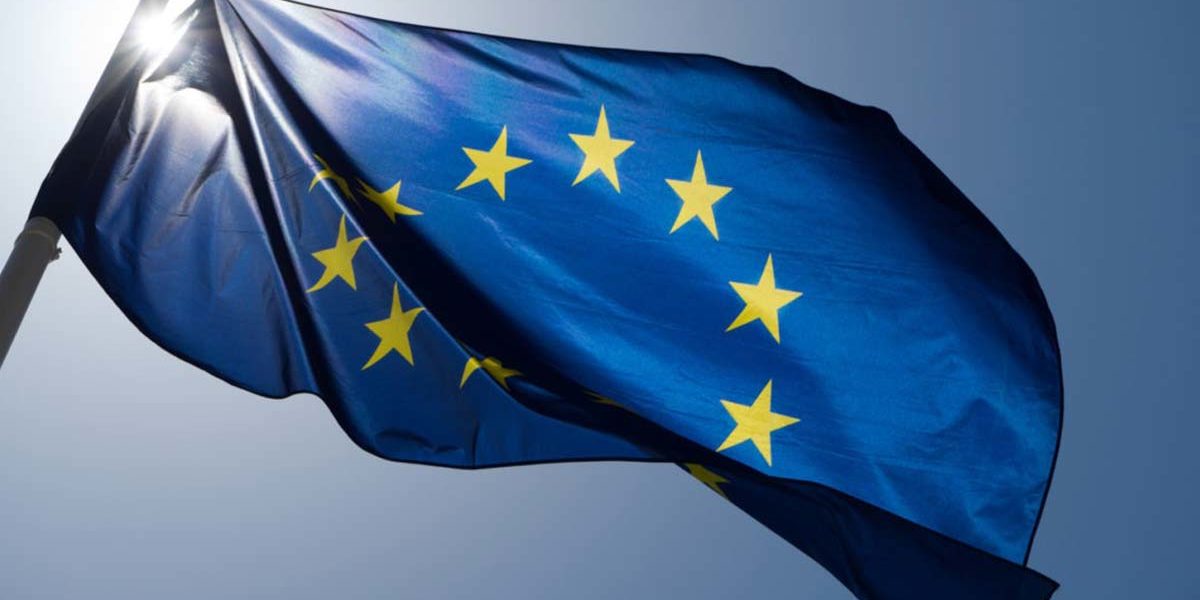As foreshadowed in our previous blog, the first of the three treaties, ‘Protocol on Privileges and Immunities of the Unified Patent Court’ (PPI) has now come into force on 27 October 2021. A Preparatory Committee meeting was held on the same day and confirmed this to be the case.
This post gives headline summaries of the three treaties of the UPC and where we are with each of them.
Protocol on Privileges and Immunities of the Unified Patent Court (PPI)
| What is the treaty about? | PPI confers legal status on the Unified Patent Court, as well as providing a limited set of privileges and immunities to the court, its judges and staff. It also deals with exemption from taxes. |
| When will it come into force? | This is now in force. |
| Are there any Brexit issues? | Yes, potentially. Art 18(1) provides that PPI will “enter into force 30 days after the date on which the last of the four State Parties – France, Germany, Luxemburg and the United Kingdom – has deposited its instrument of ratification, acceptance approval or accession” (emphasis added). The UK withdrew its ratification of the UPC project (including the PPI) on 20 July 2020. |
Protocol to the Agreement on Unified Patent Court on provisional application (PAP-Protocol)
| What is the treaty about? | Once this instrument is in force, the Provisional Application Period can start during which preparatory steps for the UPC Implementation can take place, as further explained in our previous blog. |
| When will it come into force? | One more member state is required to ratify this instrument before it comes into force. According to the latest report of the Preparatory Committee meeting held on 27 October, this is expected by the end of this year. |
| Are there any Brexit issues? | Although Article 3 of the PAP-Protocol provides that it will “enter into force the day after 13 Signatory States of the Agreement on a Unified Patent Court including Germany, France and the United Kingdom, have either ratified….” (emphasis added), it is proposed to be interpreted in accordance with the “draft Declaration on the authentic interpretation of Art. 3 of the PAP-Protocol” prepared by the Preparatory Committee, which is to interpret Article 3 as mirroring Article 89 of the UPCA. Article 89 UPCA provides that the UPCA “‘shall enter into force […] on the first day of the fourth month after the deposit of the thirteenth instrument of ratification or accession…including the three Member States in which the highest number of European patents had effect in the year preceding the year in which the signature of the Agreement takes place […]”. The Agreement was done on February 2019, and the three Member States with the highest number of European patents in the preceding year were Germany, UK and France. Therefore, the Preparatory Committee considered that Brexit did not prevent Art 3 from coming into effect, despite the express requirement that United Kingdom is to have ratified. Nevertheless, it has been reported that the Preparatory Committee’s approach was supported by the delegations. |
| What is the treaty about? | UPCA is the instrument which establishes the Unified Patent Court system. |
| When will it come into force? | Germany is required to ratify this instrument. As reported previously, Germany is expected to ratify once the preparatory steps are underway and UPC look ready to commence. The UPC will open for business on the first day of the fourth month after the German ratification. |
| Are there any Brexit issues? | Article 7(2) of the UPCA states that the central division of the UPC shall have its seat in Paris, with sections in London and Munich. There is presently no solution for London’s replacement, or how the UPCA will be dealt with to allow for any replacement. It is feared that the uncertainty could present a stumbling block between now and UPC Implementation |
About the author(s)
Seiko Hidaka is a patent litigator with an international outlook, known for horizon scanning and thought leadership.

